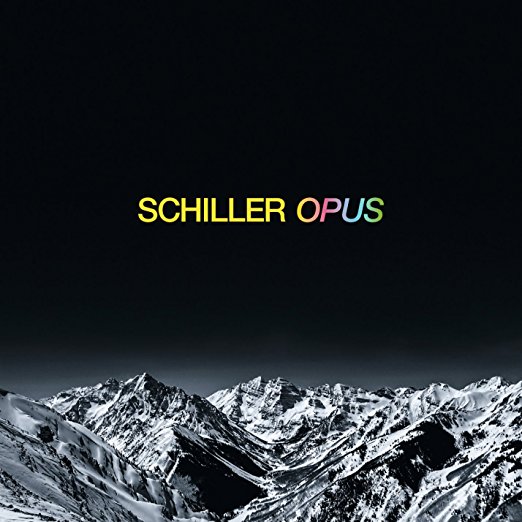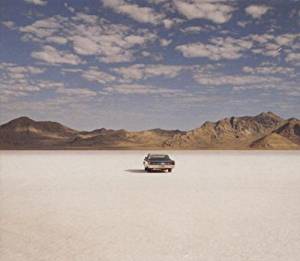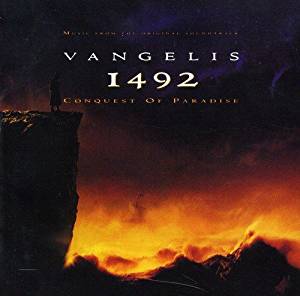It's tough to determine what is, or will be great classical music from this era, even 30 years from now. We heard Beethoven's 2nd, 4th and 5th piano concerti over the weekend played by Jonathan Biss with the St. Paul Chamber Orchestra (on tour in Berkeley). Hard to remember that after the premiere of the 4th at the famous 1808 concert (in the view of many- most? - the greatest piano concerto), it was not played again until Mendelssohn revived it in 1836. Difficult to use the opinions of contemporary critics, whose praise or condemnations are not accurate measures of the quality of the piece. Remember during Beethoven's lifetime (and he was very famous as a pianist until his deafness stopped him performing and composer), his most popular symphony was the 1st, and his most popular piece was his Septet.
Each of the three concerts this weekend had a modern piece (all commissioned by the St. Paul Chamber Orchestra usually in partnership with another orchestra) composed in the past two or three years. They were each sandwiched in between two well known pieces. Our local Berkeley Symphony also does that every concert they give. So the audiences of both get more accustomed to the tonalities of these pieces. However, they are seldom if ever performed again to the same audiences.
I think there is a tendency for modern compositions which are popular to have more conventional tonalities, "easier on the ear".
According to an analysis of the compositions played by the 22 largest American orchestras in 2014-15, the most played contemporary composers were in order: John Adams, Mason Bates, Jennifer Higdon, Christopher Rouse, Essa-Pekka Salonen, and Thomas Ades. Contemporary composers made up 12% of the pieces programmed. Adams (35) and Bates (30) were about double the number of the next three.
https://www.bsomusic.org/stories/by-the-numbers-living-composers
A website called "Ranker" allows people to rank their choices of the "best" modern classical composers (it is under their classical music and opera category). Here are the top five voted by the public - John Williams, Hans Zimmer, Howard Shore, Ennio Morricone, James Horner.
https://www.ranker.com/list/best-modern-composers/ranker-music
Larry





